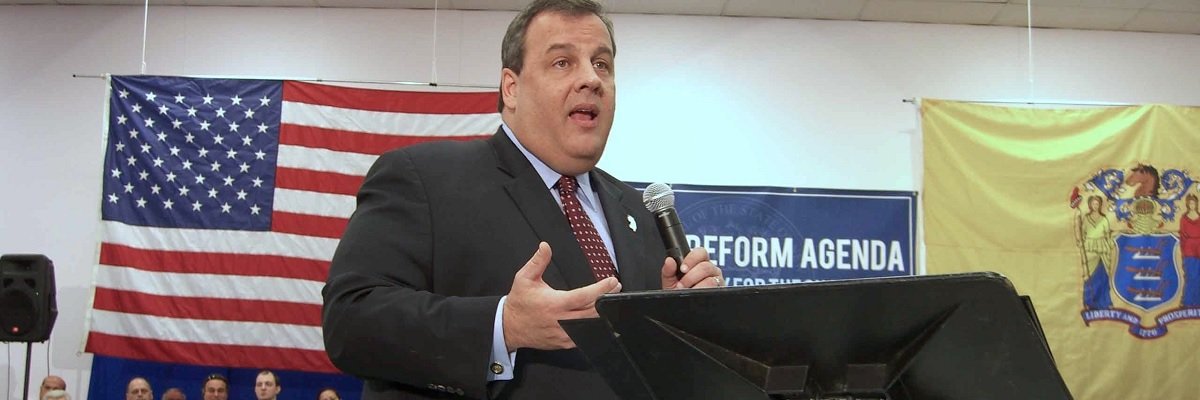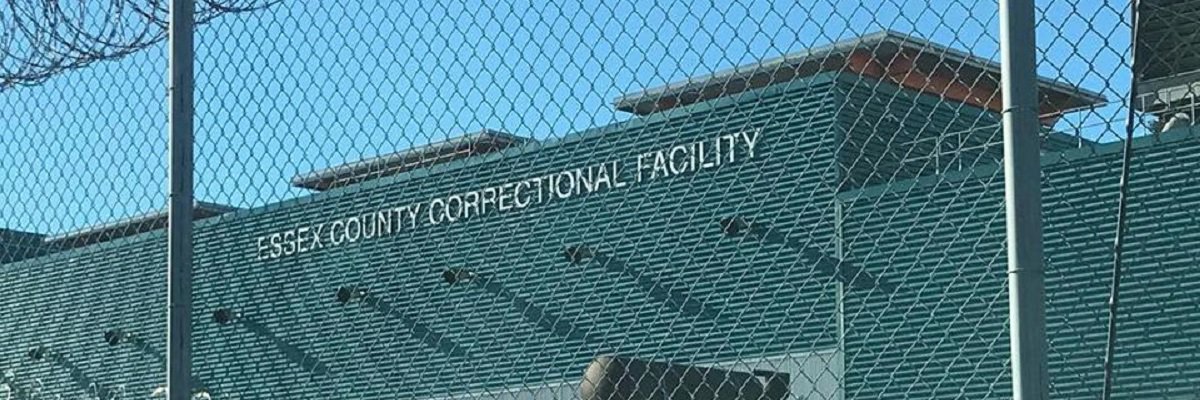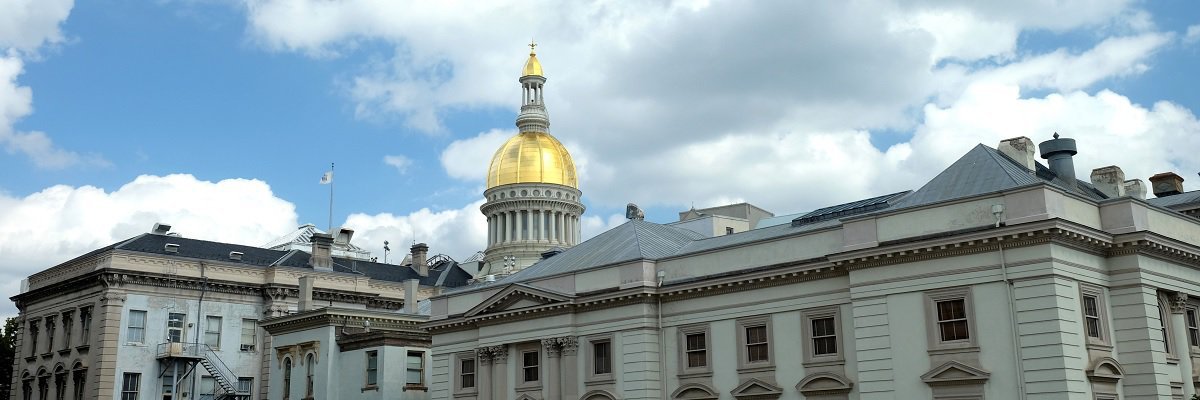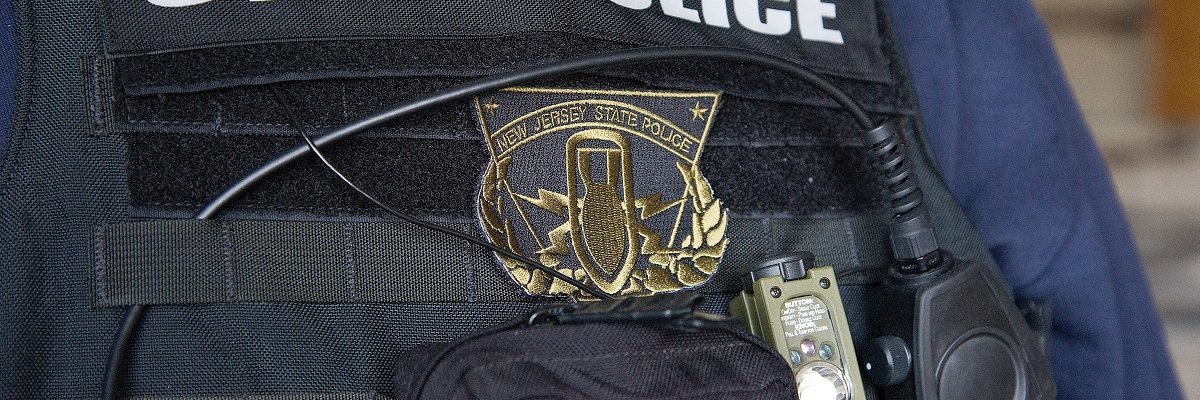One of the most useful documents a budding FOIA requester can seek is a log of FOIA requests submitted to a particular agency, which under federal law are considered public records. As with so many other things, however, the situation is very different in New Jersey.
A few weeks ago, I requested a log of all requests filed under the state’s Open Public Records Act with the Office of the Governor in fiscal year 2013. Gawker, where I work, had just received a tip about a video that appeared to depict Governor Chris Christie engaged in various sex acts—it turned out to be bunk—and I wanted to see if any other reporters were already sniffing around.
Last week, the governor’s office issued a total denial of the requested logs, citing both a 2005 opinion issued by a state appellate court as well as brief provision in O.P.R.A.’s text concerning “information which, if disclosed, would give an advantage to competitors or bidders”:
The Appellate Division has recognized that there is an “interest of third parties in protecting the confidentiality of their requests for access to public documents” under OPRA. (Gannett N.J. Partners, LP v. Cnty. of 379, N.J. Super. 205, 212 App. Div. 2005). For that reason, “OPRA does not authorize a party to make a blanket request for every document a public agency has provided another party in response to an OPRA request,” nor does it permit requests that would reveal “the nature and scope of a third party’s inquiry to a government agency.” Ibid. Further, OPRA exempts “information which, if disclosed, would give an advantage to competitors,” (N.J.S.A 47:1A-1.1), such as the disclosure of matters being investigated by news organizations to potential competitors of those news organizations.
It is not clear how, exactly, the cited opinion applies to my request for the office’s 2013 OPRA log, as it concerns the confidentiality of communications between a state agency and the U.S. Attorney’s office, and only off-handedly refers to news outlets asking for communications between an agency and other news outlets.“Suppose Gannett suspected that another news organization was conducting an investigation into a public agency’s financial practices and had sought production of documents under OPRA in connection with that investigation,” writes Judge Stephen Skillman. “Could Gannett make a blanket request to the public agency for the production of all records provided to the other news organization?” Skillman never answers this question.
The OPRA provision invoked by the Office of the Governor is slightly trickier to parse. The text of the law considers “information which, if disclosed, would give an advantage to competitors or bidders” to be confidential, and so exempt from disclosure. Under the Office of the Governor’s interpretation, fulfilling my request would provide an advantage to me since I work for a news outlet and requested records that would reveal other outlets’ OPRA requests.
This raises a number of questions: What is the criteria for determining “advantage”? Would the request have been treated differently if I had not identified myself as a reporter?
Under the Office of the Governor’s interpretation, agencies are asked to comply with O.P.R.A. yet allowed to completely shield how they do so, and who is requesting which records, from public view. Unlike F.O.I.A., New Jersey’s Open Public Records Act doesn’t extend to itself.
Image via Wikimedia Commons and is licensed under CC BY-SA 2.0




